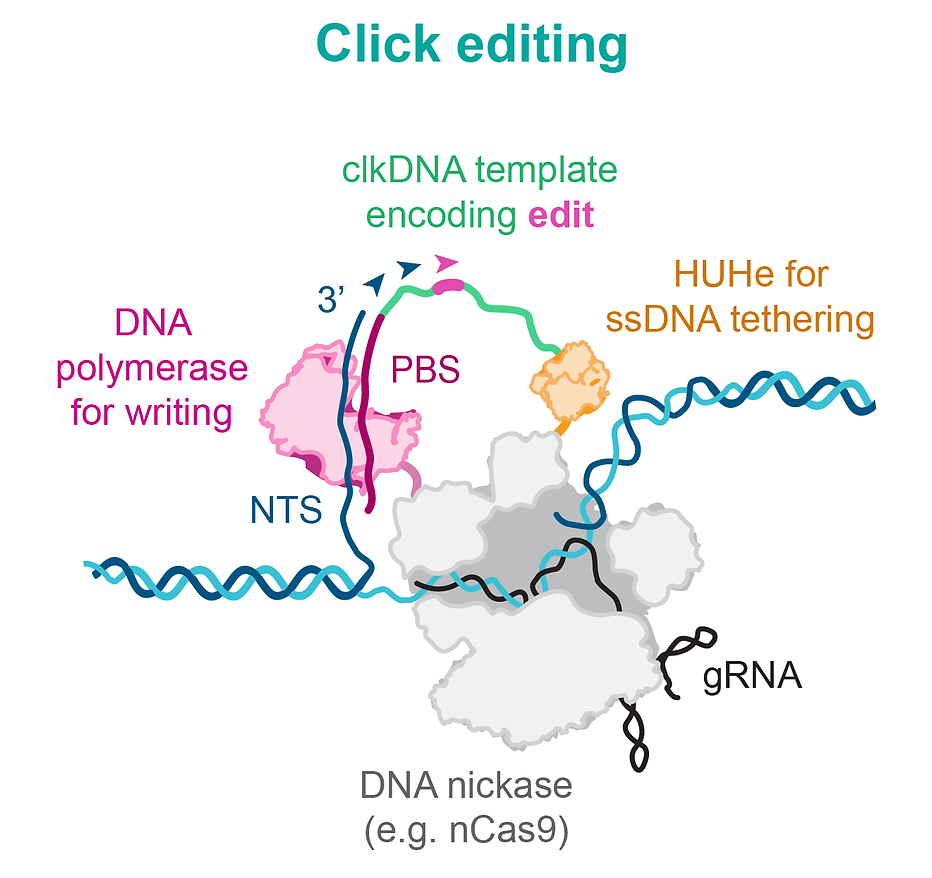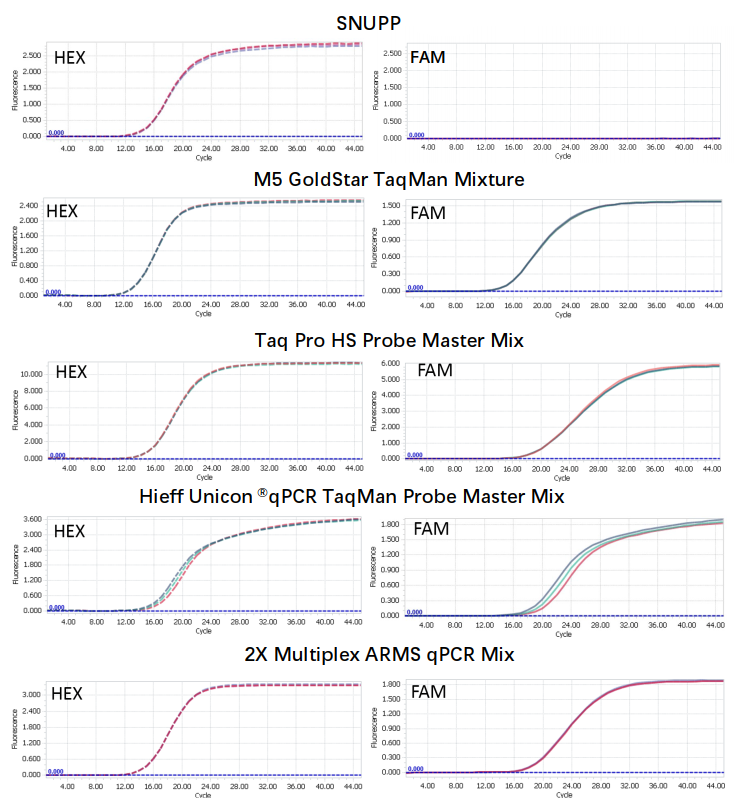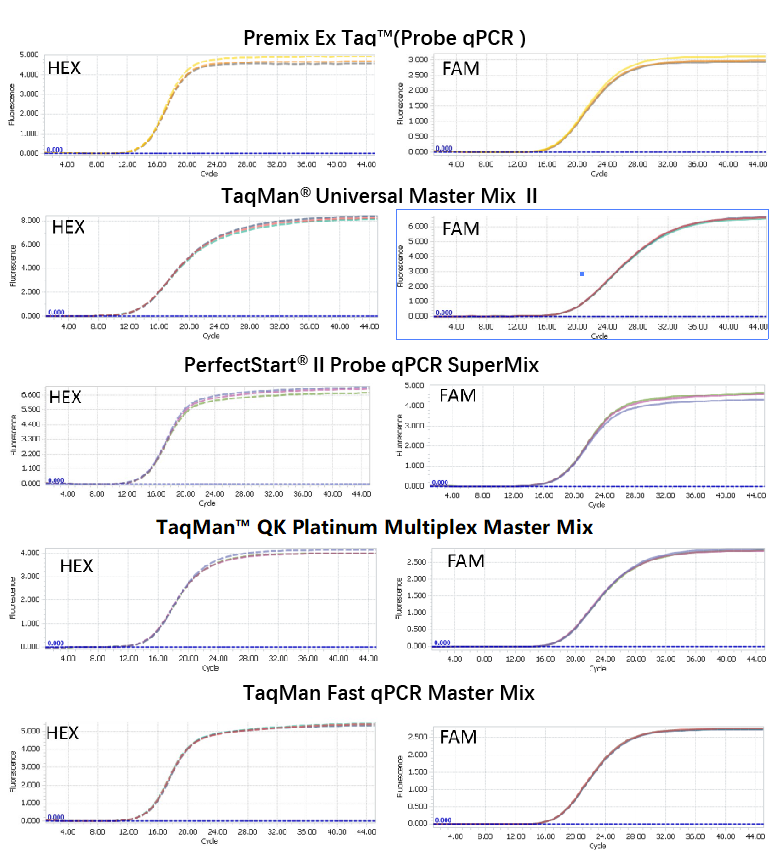Gene editing often requires testing for editing efficiency. However, existing methods, such as T7E1 enzyme cleavage analysis, fluorescent quantitative PCR, and DNA sequencing, are typically cumbersome, time-consuming, and lack precision.

To address these challenges, Turtle Technology introduces the Gene Editing Efficiency Detection Kit (qPCR & dPCR Methods).

This kit utilizes ultra-high specificity Taq DNA polymerase——SNUPP polymerase and the third-generation ARMS technology, the Perfect-ARMS. With just one qPCR or dPCR reaction, you can quickly and accurately measure gene editing efficiency.
Easy to Operate: One-step procedure for rapid and reliable gene editing efficiency data.
High Specificity: Precisely distinguishes between wild-type and mutant sequences, suitable for detecting various types of gene edits.
Broad Applicability: Supports CRISPR/Cas9, TALEN, and ZFN technologies (including indel detection, HDR repair, and base editing) and is compatible with various biological samples.
Ultra-High Specificity:
Specific primer recognition with the ability to detect SNPs using just one 3' terminal base mismatch.
Ideal for third-generation ARMS technology.
Compatible with Taqman Probes:
Features 5' exonuclease activity, making it suitable for qPCR using Taqman probes.
Low Non-Specific Amplification:
Minimizes non-specific amplification, reducing qPCR background signals and droplet noise in digital PCR.
Requires lower primer specificity, simplifying primer design.
High GC Template Compatibility:
Excellent performance in high-GC content systems (up to 85%) and poorly conserved primer regions.
Wide Range of Applications:
Suitable for high-specificity/multiplex PCR, fluorescent quantitative PCR (dye-based and probe-based), and digital PCR (probe-based).
HEX Channel (Indel-Insensitive Amplicon to Indicate Amplification Activity): The amplification activity of all Taq enzyme products is comparable.
FAM Channel (Indel-Sensitive Amplicon to Indicate Specificity): SNUPP Taq enzyme shows no amplification signals in indel mismatch templates, demonstrating specificity superior to other products by at least 27 cycles (Ct).


Contact us to embark on a journey of high-specificity research!
About Turtle Technology Turtle Technology is committed to leading the life sciences and molecular diagnostics into the digital era. Having been approved as the National Demonstration Center for Genetic Testing Technology and obtaining the first Digital PCR Metrological Evaluation Certificate, we have introduced a variety of digital PCR systems. This marks a comprehensive technological innovation across the entire industrial chain, including genetic testing instruments, chip consumables, Ultra-Multiplex technology, and ultra-high specificity polymerase.